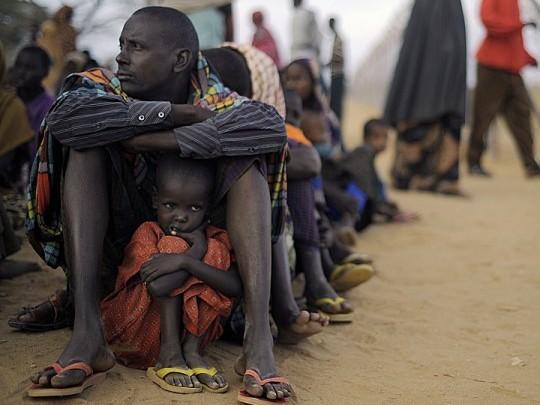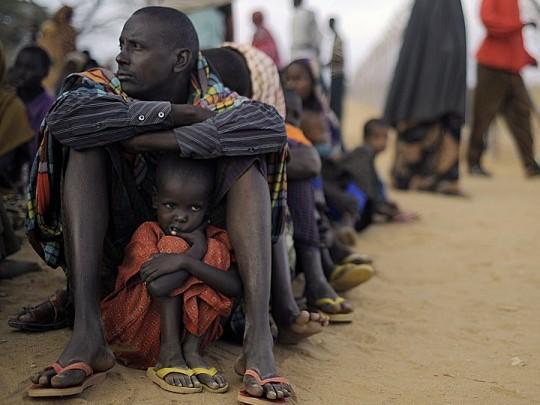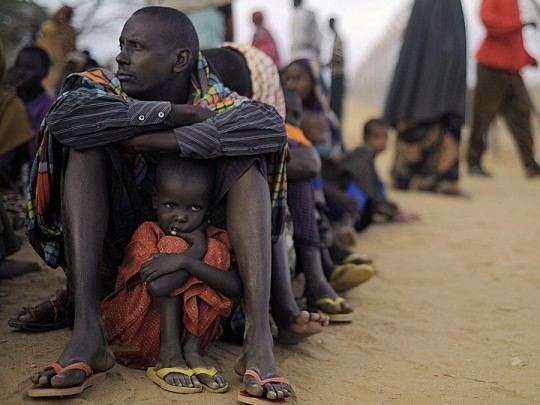Delays in the system dealing with humanitarian aid to Somalia and other areas of the world in need, will ultimately result in more famines, says a new study by British think tank Chatham House.
The study’s reasoning is that nongovernment organizations, (NGOs) and other concerned groups have spent heavily on early warning systems in the hope of preventing crises. Such systems, however, have failed to trigger a quick enough response from the international community in the face of these impending disasters.
The community instead waits for disaster to strike, reacting only when public pressure forces action.
The result is that most of the money poured into humanitarian aid is for counteractive measures rather than preventative. Less than 5 percent of all aid in 2009 was for prevention, according to the study.
Tens of thousands of lives in Somalia could have been saved if the world had reacted sooner to the very sophisticated and reliable early warnings, says Chatham. Data shows that the response to early warnings for Somalia was flat until the famine was declared. At that point, more funds were provided than in the previous seven months.
Decision makers in institutions lack accountability and have what Chatham describes as “perverse incentives,” a fear of flak for donating to a cause that may turn out to be not as urgent as predicted.
“At the organizational level, perverse incentives mean agencies are encouraged to compete for donor funds rather than cooperate to agree o joint response plans, resulting in turf wars and delay,” the report said.
Staff in institutions may send an email to a remote office to get a corporate decision, but Chatham labels this an “inappropriate medium for raising red flags” and a practice that contributes to inaction and a lack of accountability.






